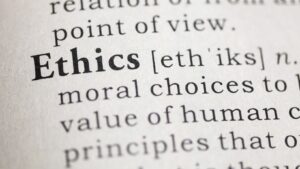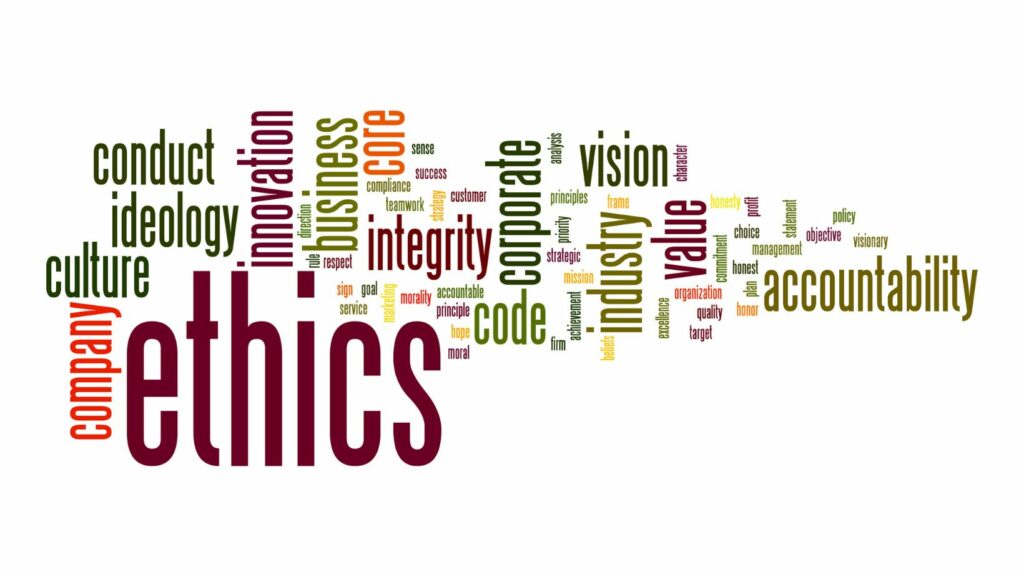”
Media Ethics: Key Principles for Responsible Patrick Lee Plaisance PDF
- Understanding Media Ethics: Media ethics is crucial for journalists and media professionals in navigating the intricate landscape of information exchange and digital communication, ensuring responsible reporting.
- Core Principles: The key principles of media ethics—accountability, transparency, and fairness—are essential for ethical decision-making and maintaining the integrity of journalism.
- Truthfulness and Accuracy: Journalists must prioritize truthfulness and accuracy by verifying facts and correcting errors promptly to foster public trust.

- Independence and Objectivity: Maintaining independence and objectivity allows media professionals to report without bias, ensuring a fair representation of various perspectives.
- Ethical Decision-Making: Media professionals should apply ethical frameworks to navigate reporting dilemmas, balancing the right to information with respect for privacy and dignity.
- Challenges in Digital Media: The rise of digital platforms introduces ethical challenges such as misinformation and the pressure for rapid reporting, emphasizing the need for critical evaluation and responsible journalism.
In an era dominated by rapid information exchange and digital communication, understanding media ethics has never been more crucial. Patrick Lee Plaisance’s insights into the key principles for responsible practice provide a roadmap for journalists and media professionals navigating this complex landscape. By emphasizing accountability, transparency, and fairness, Plaisance lays the groundwork for ethical decision-making in media.
As society grapples with issues like misinformation and biased reporting, the principles outlined in his work serve as essential guidelines. They not only uphold the integrity of the media but also foster public trust. This article delves into these foundational concepts, highlighting their importance in promoting ethical journalism and responsible media practices.
Overview of Media Ethics
Media ethics involves the principles guiding journalists and media practitioners in their reporting and content creation. These principles serve as a framework for responsible decision-making, particularly in an age marked by rapid information dissemination and digital platforms.
Key principles include:
- Accountability: Media professionals must take responsibility for their actions and the content they produce. They should report accurately and rectify mistakes promptly.
- Transparency: Clear disclosure of sources and methods promotes trust. Transparency helps audiences understand the context and reliability of information.
- Fairness: Impartial reporting ensures that all perspectives are represented, fostering balance in coverage and avoiding bias.
As misinformation gains prevalence, adherence to these principles becomes vital. Ethical media practices not only preserve integrity but also enhance public confidence in journalism. For practitioners, these foundational concepts are essential for navigating complex situations and maintaining professionalism.
By prioritizing media ethics, journalists foster a responsible media landscape that informs the public and contributes to democratic discourse.
Key Principles of Responsible Practice
Media ethics relies on foundational principles that drive ethical journalism and responsible media practice. Adhering to these principles enhances public trust and upholds the integrity of information dissemination.
Truthfulness and Accuracy
Truthfulness and accuracy stand as core tenets in media ethics. Journalists must ensure the accuracy of information by verifying facts before publication. They should consider multiple sources to provide a well-rounded view of the story. Mistakes should be corrected promptly, and misleading information must be clarified to maintain public trust.
Independence and Objectivity
Independence and objectivity require journalists to operate free from external influences. Media professionals should avoid conflicts of interest that could compromise their integrity. They must strive to present information without bias, focusing on factual reporting instead of personal opinions. Maintaining autonomy enhances credibility and supports fair representation across issues.
Fairness and Impartiality
Fairness and impartiality demand a commitment to balanced reporting. Journalists should represent diverse perspectives, allowing all relevant voices to be heard. This practice fosters a more comprehensive understanding of topics while preventing the marginalization of specific viewpoints. By championing fairness, media practitioners contribute to informed public discourse and reinforce their ethical responsibility.
The Role of Media Professionals
Media professionals play a pivotal role in upholding ethical standards in journalism. Their adherence to ethical principles shapes public perception and trust in media organizations.
Ethical Decision-Making
Ethical decision-making involves careful consideration of the implications of reporting choices. Media professionals assess the potential impact of content on individuals, communities, and society. They utilize established ethical frameworks to navigate dilemmas and prioritize the public’s right to information while respecting privacy and dignity. Consistent application of ethical guidelines ensures responsible practices that foster credibility and accountability.
Accountability in Reporting
Accountability in reporting reinforces the trustworthiness of media organizations. Media professionals must stand behind their work, addressing inaccuracies and misjudgments quickly. By acknowledging mistakes, they demonstrate integrity and commitment to truthfulness. Additionally, accountability involves providing clear context and sourcing information, which promotes transparency and enhances audience understanding. This proactive approach not only strengthens public confidence but also upholds the ethical foundation of journalism.
Challenges in Media Ethics
Media ethics faces numerous challenges, particularly in the context of digital communication. The increasing complexity of the information landscape necessitates a thorough examination of ethical practices.
Digital Media and Ethical Dilemmas
Digital media introduces unique ethical dilemmas, such as the rapid spread of misinformation and the challenge of verifying sources. Information can propagate quickly, making it difficult for journalists to fact-check before publication. The pressure for speed often leads to the prioritization of sensationalism over accuracy, compromising journalistic integrity. Additionally, the lack of gatekeeping in digital platforms can facilitate the dissemination of biased or misleading content, placing the onus of critical evaluation on audiences.
Balancing Freedom of Expression and Responsibility
 Balancing freedom of expression with ethical responsibility presents another significant challenge. While journalists possess the right to express views and report freely, they must also consider the potential consequences of their content. Responsible reporting requires sensitivity to the impact on individuals and communities, particularly regarding marginalized groups. Ethical journalists strive to find a middle ground, ensuring that expression does not infringe upon dignity, safety, or public trust. The challenge lies in upholding the principles of free speech while promoting an informed and respectful dialogue within society.
Balancing freedom of expression with ethical responsibility presents another significant challenge. While journalists possess the right to express views and report freely, they must also consider the potential consequences of their content. Responsible reporting requires sensitivity to the impact on individuals and communities, particularly regarding marginalized groups. Ethical journalists strive to find a middle ground, ensuring that expression does not infringe upon dignity, safety, or public trust. The challenge lies in upholding the principles of free speech while promoting an informed and respectful dialogue within society.
Trust and Integrity in Journalism
Upholding media ethics is essential for fostering trust and integrity in journalism. By adhering to principles like accountability transparency and fairness media professionals can navigate the complexities of today’s information landscape. These guidelines not only enhance the credibility of reporting but also empower audiences to make informed decisions.
As challenges such as misinformation and biased reporting persist the commitment to ethical practices becomes even more critical. Prioritizing these values ensures that journalism remains a cornerstone of democracy providing a platform for diverse voices and perspectives. In a world where information is abundant ethical media practices will continue to play a vital role in shaping public discourse and maintaining societal trust.

